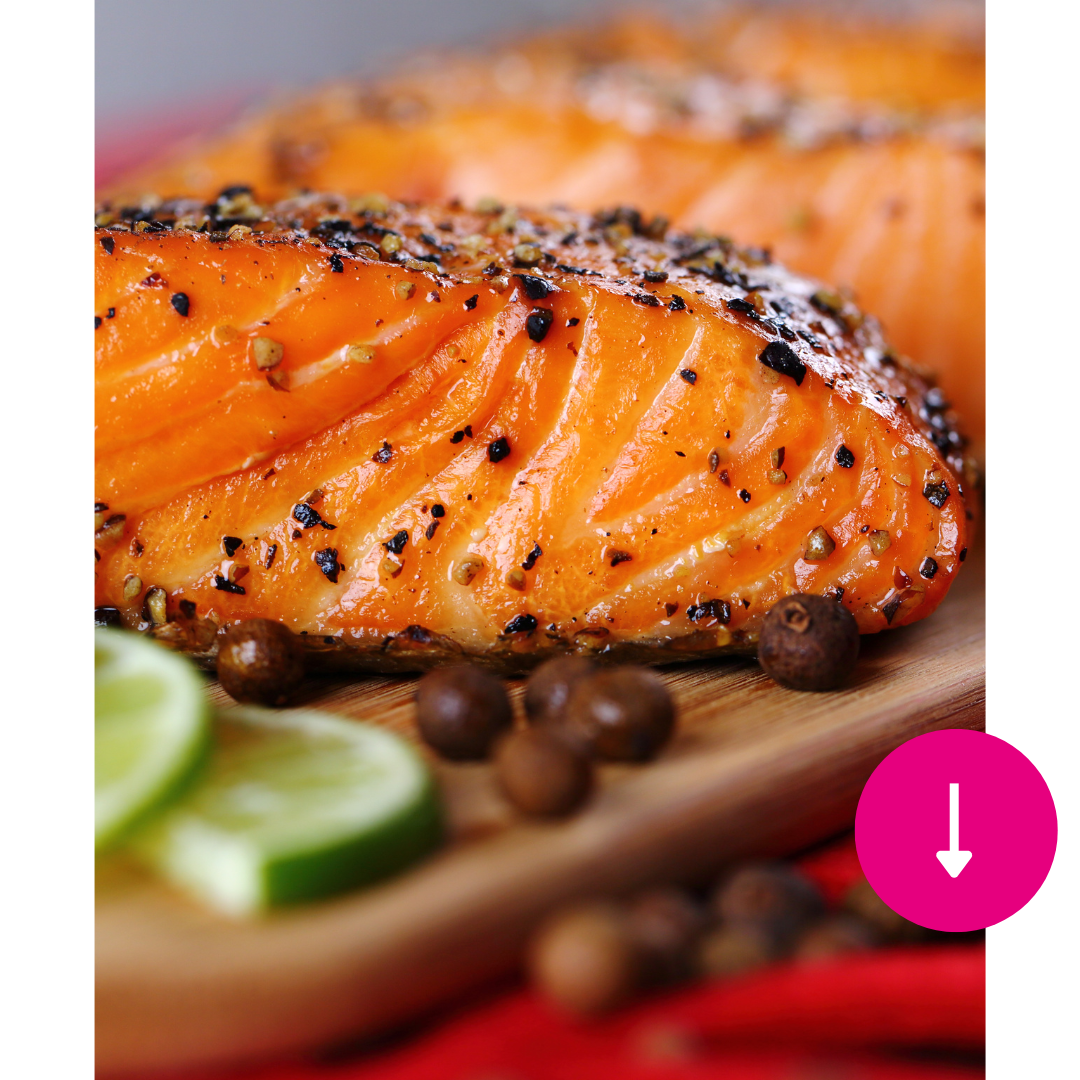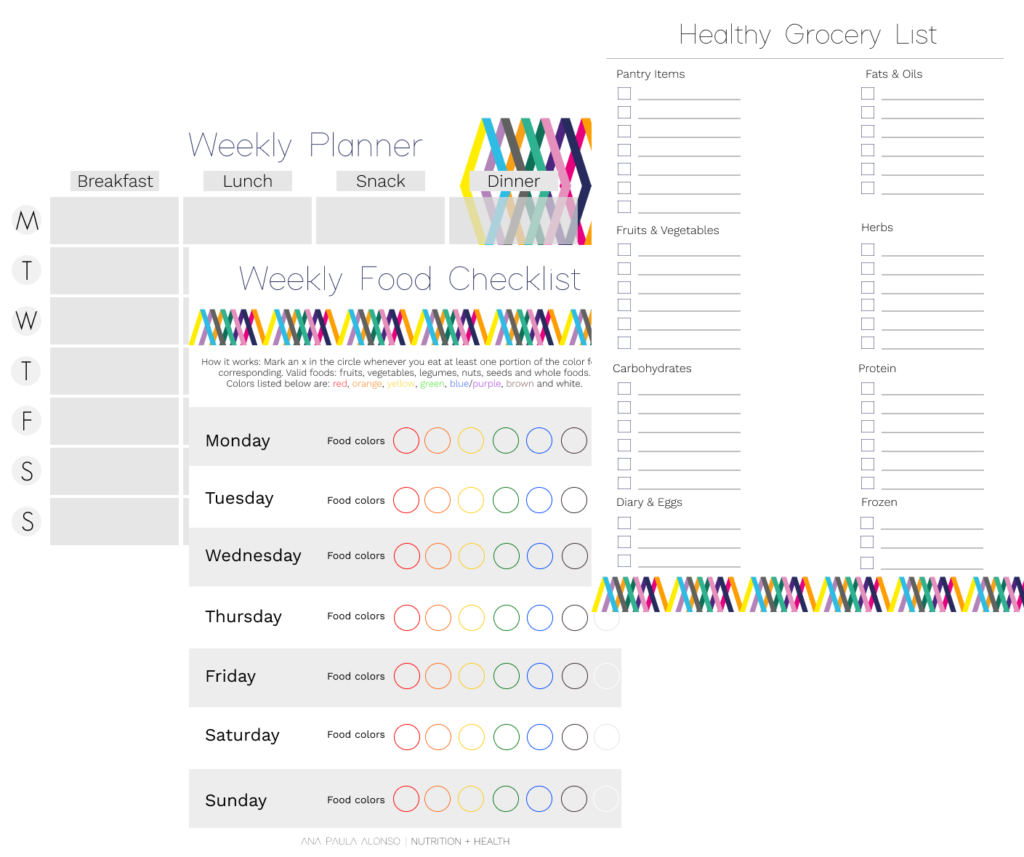Nowadays, I see so many runners taking supplements while racing. The fact is that most don’t need those supplements while running. Most of them are only running 5k or 7k. And there’s no need to fuel while you’re running 5k or 7k (unless you didn’t fuel 1 hour before running!).
I’ve already written about the importance of pre-running nutrition to gain energy and post-running nutrition to recover. Those are crucial components for any runner. You can read my articles here on my blog.
Today, I want to talk about intra-running nutrition. Let’s see how it works, who needs it, and how it can impact exercise performance and fitness goals.
Let’s begin talking about who needs intra-workout nutrition.
Who benefits from Intra-Running Nutrition?
Some runners and athletes need nutrients during long races or very intensive training. If your workouts are over 60 minutes, are very intense, or if your volume is high, you need to fuel those workouts.
When I talk about high-volume training, it would be:
- 2 trainings per day
- training for 2+ hours per day
We can include half-marathon runners, marathon runners, long-distance runners, triathletes, trail runners, and runners who have previously eaten too little carbohydrates.
Why is Intra-Running Nutrition Important?
Intra-running nutrition refers to consuming nutrients during your run. Yes, ok, but why? To maintain energy levels, hydrate and maintain electrolyte balance, improve endurance, and aid in recovery.
1. Sustained Energy Levels
As you run, your body uses glycogen stores for energy. These stores are finite and can deplete prompt, especially during long runs. The intake of carbohydrates during your run helps replenish these stores. Also, provides a continuous energy supply. And prevents the dreaded “hitting the wall” (code for “my body ran out of carbohydrates”) feeling.
Aim to consume fast-digesting carbohydrates during your runs. Glucose or maltodextrin are good examples. It will help replenish glycogen stores and stave off fatigue.
2. Hydration and Electrolyte Balance
During a race, you sweat and lose fluids and electrolytes, which can harm you in many ways. Cramps, dizziness, dehydration, and decreased performance are some examples.
Some Intra-running drinks and food products often include electrolytes (sodium, potassium, and magnesium). This helps you stay hydrated and maintain optimal muscle function.
2. Enhanced Performance
Proper intra-running nutrition can quite boost your performance. Maintains optimal blood sugar levels and hydration. Make you run longer, faster, and with greater efficiency. It’s crucial for regular runners who aim for PR and athletes competing in events.
3. Improved Recovery
Intra-running nutrition doesn’t only help during your run; it also aids in recovery. Provides your muscles with the necessary nutrients to reduce muscle damage. Besides, speeds up recovery time, allowing you to train forevermore and well.
Recommendations for Effective Intra-Running Nutrition
There are countless nutrition products available on the market. They make fueling for runs and races a lot easier. Sports nutrition products are often portable and take up very little space. Also, offers quick, and easy digested nutrition. This will fuel your miles, and prevent fatigue during intense or prolonged periods of running.
- Choose the Right Carbohydrates
Fast-digesting carbohydrates like dextrose, maltodextrin, or glucose are excellent choices. It will fill up glycogen stores and provide a quick energy boost.
Opt for digestible carbs such as energy gels, chews, or sports drinks. These products are rapidly absorbed without causing stomach discomfort.
Take advantage of the fact that your stomach can be trained and find out what’s best for you. You’ll have to test what’s best during your training/workouts. Never consume a new product during a competition. The chances are high that you’ll get GI issues and your performance won’t be great.
-> Liquids are easier to ingest and process, so you may want to start with a carb-rich sports drink!

- Stay Hydrated
Hydration is crucial for maintaining performance and preventing heat-related issues. Drink small amounts of water during your run, especially in hot weather.
The recommendation is to drink water after the first 15 minutes of running.
Consider sports drinks that also provide electrolytes and carbohydrates. Maintain proper hydration and muscle function.
- Listen to Your Body
Everyone’s nutritional needs are different. Intra-workout nutrition needs can vary depending on your workout intensity, duration, and goals. Tailor your approach accordingly. Consult with a sports dietitian when possible.
- Timing Is Key
Light-intensity runs <45 minutes do not require carbohydrate intake during the run.
Moderate-high intensity runs of 45 to 60 minutes can be done with a carbohydrate rinse to improve physical capacity. Mouthwash with 25ml of sports drink for 10 seconds every 5 to 15 minutes.
Endurance runs of 1 – 2.5 hours: start consuming your fuel 30 minutes into your run and repeat every 30–45 minutes. Start with 30g of carbohydrates per hour and try increasing that amount. Combine with regular hydration. This proactive approach helps maintain energy levels and prevents dehydration before it starts to affect your performance.
Intra-running nutrition is a game-changer for all runners. By fueling your body correctly during your runs, you can sustain energy, enhance performance, and improve recovery.
Remember, the key is to experiment and find what works best for you.
There’s no one-size-fits-all approach to intra-running nutrition. The recommendations I’ve provided here are based on long-standing research. If you want a personalized plan that meets your individual needs and workouts, contact me here.
Also, if you’ve just started running or already run and need a meal plan to improve your performance, my 30-Day Meal Plan could be perfect for you. Click here for more information. If you have any questions, please, contact me at: contact@anapaulaalonso.com.







